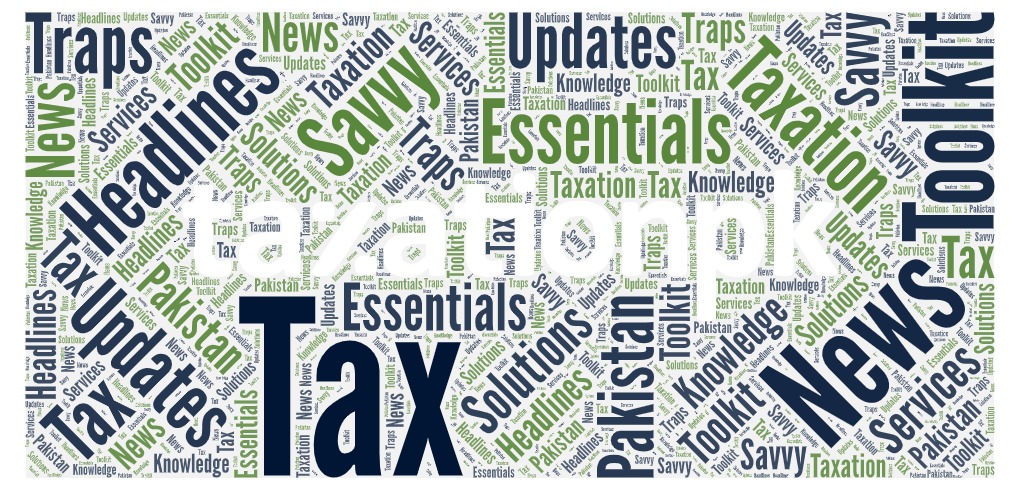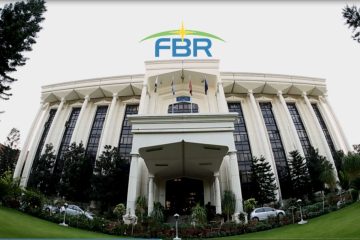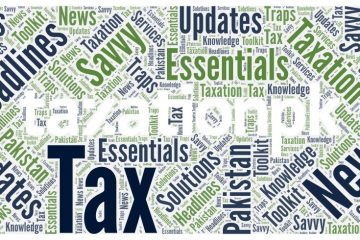The Pakistan Tax Bar Association (PTBA) has raised concerns regarding the functioning of the Appellate Tribunal Inland Revenue (ATIR), emphasizing the need for an oversight committee to address issues that may be hindering the tribunal’s efficiency and effectiveness. Here’s a detailed overview of the situation:
Concerns Raised by PTBA
1. Deteriorating Efficiency: PTBA has highlighted that the ATIR is facing operational challenges that could compromise the quality and timeliness of tax dispute resolutions. These challenges may include delays in hearings, backlogs in case processing, and inadequate resources.
2. Impact on Taxpayers: The inefficiencies in the ATIR can lead to prolonged disputes, creating uncertainty for taxpayers. This can also discourage compliance with tax laws, ultimately affecting tax revenues.
3. Need for Oversight: By requesting the formation of an oversight committee, the PTBA aims to ensure that the ATIR operates effectively and transparently. An oversight body could help identify issues, implement reforms, and monitor the tribunal’s performance.
Possible Roles of the Oversight Committee
1. Assessment of Operations: The committee could conduct a thorough review of ATIR’s processes and identify areas needing improvement.
2. Resource Allocation: The committee could recommend better allocation of resources, including staff and technological support, to streamline operations.
3. Monitoring and Reporting: It could establish mechanisms for ongoing monitoring and reporting on the tribunal’s performance, ensuring accountability
4. Stakeholder Engagement: Engaging with tax practitioners and stakeholders to gather feedback on their experiences with ATIR could provide valuable insights for reform.
5. Policy Recommendations: The committee could provide recommendations to the government for legislative or procedural changes aimed at enhancing the functioning of ATIR.
Importance of Addressing the Issues
1. Restoring Confidence: Improving the functioning of ATIR is crucial for restoring taxpayer confidence in the tax administration system.
2. Ensuring Fairness: A well-functioning tribunal ensures that taxpayers have a fair chance to appeal against tax authority decisions, which is vital for a just tax system.
3. Facilitating Compliance: Efficient dispute resolution mechanisms can encourage compliance with tax laws, as taxpayers will feel assured that they have access to a fair process.






